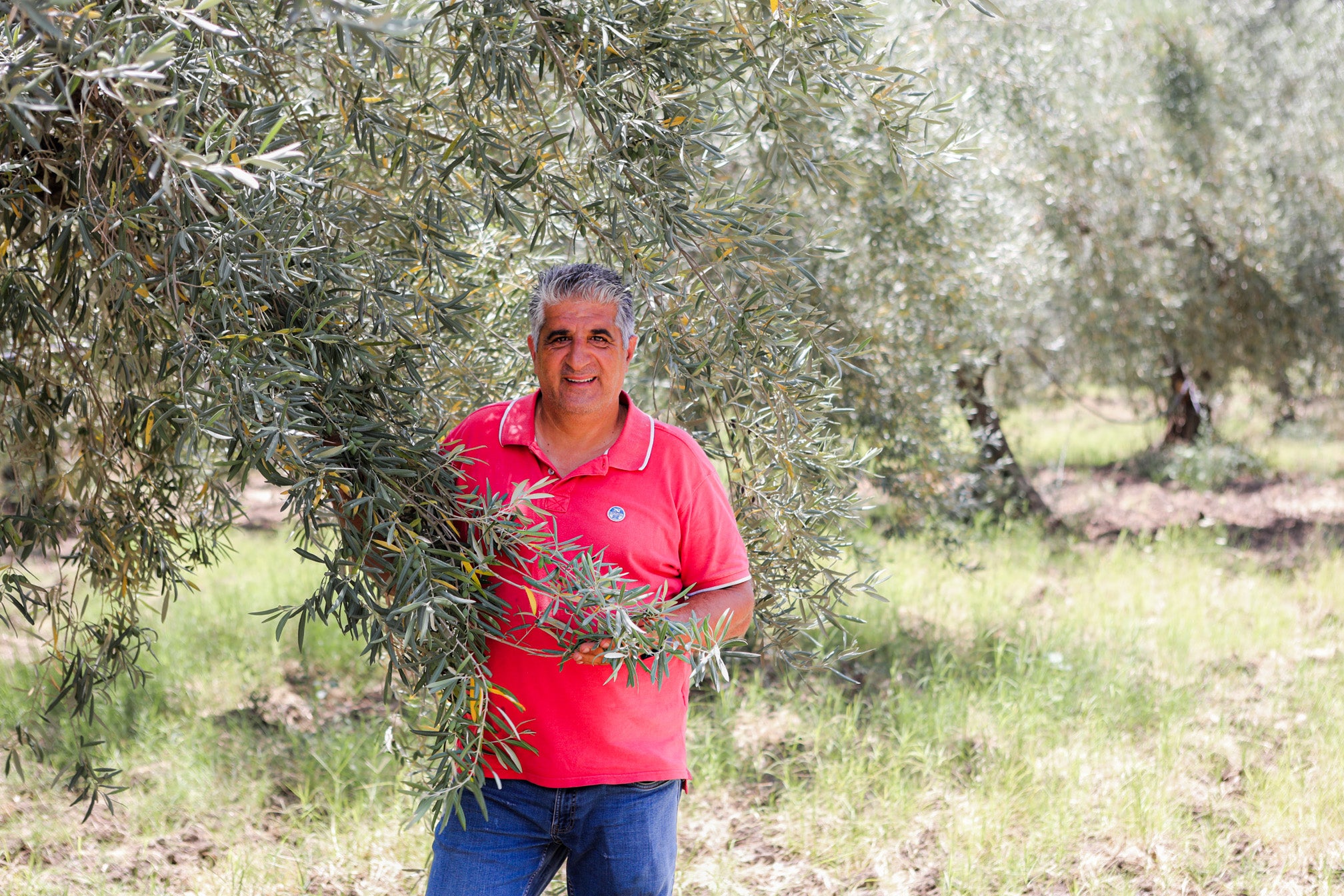Tuttotonda article: http://www.tuttotonda.it/pasquale-romano-associazione-poeta-nocellara-etnea/
Pasquale Romano, del Roman oil mill from Bronte, is a great specialist in Nocellara Etnea. With this cultivar in 2014 he won the prestigious Sol d'Oro in Verona. We entrusted the birth of NeroVulcano to him.
- Pasquale, let's start with your territory. What are the features?
“Here in Bronte, most of the olive groves grow on lava soil, often in harmony with pistachios. It is a volcanic land, full of minerals."
- What type of agriculture is practiced?
“Sustainable, natural, not forced. You can't plow, there's not even irrigation, you just do pruning and fertilizing."
- What are the virtues of Nocellara Etnea?
“It has a dual purpose, as an oil and as a table, it is rich in polyphenols and the oil has a beautiful harmony of bitter and spicy but also pleasant hints of aromatic herbs”.
- When is it harvested?
“Generally, as with all quality oil production, we tend to bring the harvest forward to October. But this year we learned that this isn't always the case. In fact, in August, September and October it rained a lot - an anomalous situation for the area - so the olives were full of water. When we went to mill not only were the yields very low - and this is ultimately normal for a quality oil - but the vegetation water took away many polyphenols. My oil was excellent, it was awarded the Great Mention in Verona, but it certainly lost something bitter and spicy. We made NeroVulcano later, when the olives had already dried, and we had more polyphenols and therefore more bitterness and spiciness and a little less aroma. In short, finding the right moment is really difficult and every year we learn something."
- So let's explain it to the consumer. Can the same type of olive have completely different flavors and aromas?
"Of course. In Bronte the olive groves that grow in the mountains are one thing, those in the lower part, on clayey soil, are another. There is a huge amount of variables: have the plants been fertilized? Are the trees left (north) or south? Has the olive tree been pruned recently? Is it irrigated? How is it exposed to the sun? All this ultimately makes the quality product. Experience helps you but up to a certain point."
- Since when have you been working at Nocellara Etnea?
"Forever. I'm 50 now but I remember playing in my father's oil mill as a child. I liked it and there certainly weren't the safety regulations of today, no one forbade you from being there. When I was tired I fell asleep on the bags of olives."
- How do you remember the oil from back then?
“For those times it was an excellent product. Of course, now everything has changed: the continuous cycle systems, the controlled temperatures, the stainless steel storage with inert gases".
- Is the quality there on Etna appreciated by producers and consumers?
"For nothing. I'm tired because sometimes I feel like I'm fighting against windmills. The farmer only looks at the yield, the quantity of oil that comes from the olives. They come to the oil mill and ask me: "What yield are you giving?". As if they were asking me the price of the milling."
- But they will appreciate the flavor of a quality oil compared to a cheap one!
“No, for them I'm the one who doesn't know how to make oil, who doesn't understand anything. They come and tell me that the oil made with the old presses is better. They're used to that flavor. Sometimes I find myself having lunch at the homes of people who still make their own oil with a traditional oil mill and I confess: I struggle to eat."
- In the Iblei Mountains, however, many small producers have followed the path of quality.
“Yes, you are very advanced, the same happens in certain areas of Trapani. Not with us, perhaps because Etna has always produced a lot of fruit, a lot of pistachio and olives have remained complementary. They are mainly used for self-consumption. So the farmer always seeks quantity."
- And the consumer?
“Only the price matters there. They tell me: but where do you think you're going with this price? They want oil for 2-3 euros. If they buy it at 5 euros a litre, they are making an effort. But you know very well that you can't make a great product for 5 euros. Sometimes I give him a decent oil, not excellent but decent. They taste it and tell me they don't want it, that it's too bitter, too spicy."
- But then who makes you do it?
“Ah, the passion. I work all year to make a great oil. It's my mission."


Share:
TRADITION AND INNOVATION
ELISIR DI SALUTE